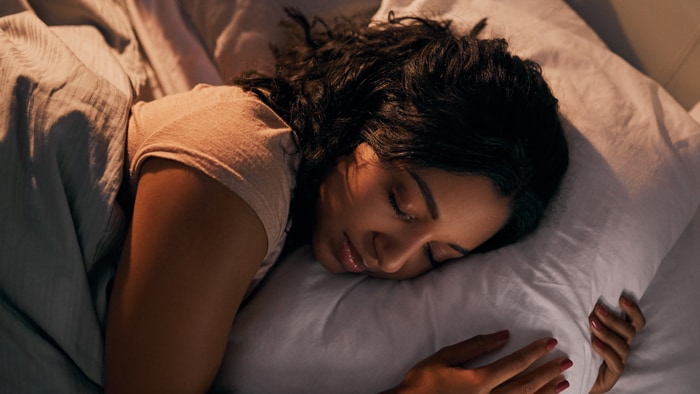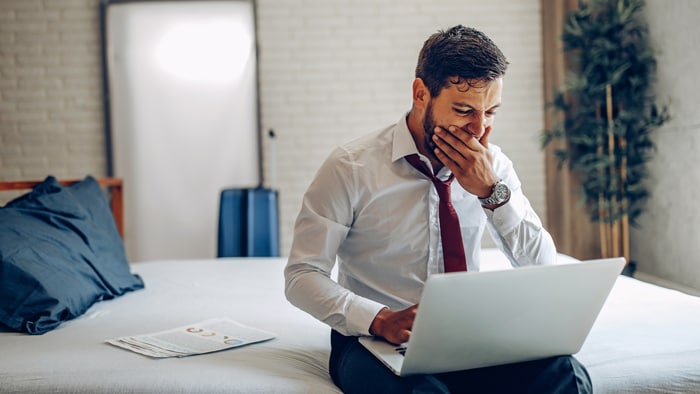The link between bathroom trips and sleep apnea
By Gina Roberts-Grey Snoring often is a sign that a person has obstructive sleep apnea (OSA). But sleep experts caution it’s not the only indicator of OSA. The amount of times you visit the bathroom also could be a sign you have OSA. The frequent need to urinate at night is called nocturia. According to the National Sleep Foundation, nocturia is a common cause of sleep loss, especially among older adults. One NSF poll found 65 percent of adults between the ages of 55 and 84 reported experiencing the need to go to the bathroom several times a night at least a few nights per week. “Many patients with sleep apnea have been placed on medications that fail to work for their nighttime urination because the actual cause, sleep apnea, is not recognized,” said Dr. Robert S. Rosenberg, a pulmonologist and medical director of the Sleep Disorders Center of Prescott Valley and Flagstaff, Arizona. “Sleep apnea triggers the frequent urination.” When a person has untreated obstructive sleep apnea, he noted, “they make vigorous efforts to breathe against a closed airway while sleeping. This results in large negative pressures in the chest cavity.” That pressure leads to the production of the hormone atrial natriuretic peptide, which induces the frequent need to urinate. “Frequent” is defined as two or more times a night. “Patients with severe nocturia may get up five or six times to go to the bathroom,” Rosenberg said. And the disturbance in sleep is one cause of daytime sleepiness and fatigue associated with OSA. Sleep apnea is commonly treated with continuous positive air pressure, or CPAP. And in many cases, Rosenberg said, getting control over OSA can reduce the number of nighttime trips to the bathroom. If your trips to the bathroom during the night are becoming more frequent, or you’re experiencing a more urgent need to go to the bathroom at night, talk to your doctor about the possibility of sleep apnea being to blame.



